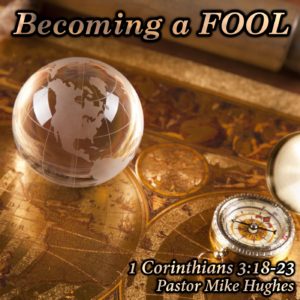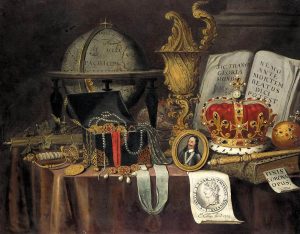Z pour Zachée
Il était petit de taille mais il avait une détermination sans pareil.
Il savait ce qu’il voulait et… ce qu’il ne voulait pas!
Il voulait voir l’homme de Nazareth et il ne voulait pas que rien ni personne ne l’en empêche!
 Il a utilisé une astuce qui lui a bien réussi: il est monté dans un arbre, un sycomore faisait l’affaire.
Il a utilisé une astuce qui lui a bien réussi: il est monté dans un arbre, un sycomore faisait l’affaire.
Il a vu mais plutôt… il a été vu!
Il a été vu et il a été interpelé par celui qu’il désirait apercevoir.
Désormais, sa vie n’a plus été la même (Luc 19:1-10).
Plusieurs d’entre vous qui lisez ces lignes avait déjà à l’esprit le nom de ce personnage original.
Zachée, oui, Zachée l’homme à la réputation plus que douteuse aux yeux de plusieurs.
Mais aussi l’homme qui a su accueillir ce que son visiteur lui offrait: le salut, rien de moins!
Sa vie de fourberie est devenue une vie d’honnêteté et de générosité exemplaires.
Accueillir le Christ chez soi – non pas une fois mais en permanence – cela peut opérer une telle transformation!
Le ‘salut’ pour chacun/e de nous prendra un aspect personnalisé se réalisant au fil des jours.
La période de Carême qui s’achève nous a peut-être permis de le découvrir…
Note: Dans la vidéo qui suit, Zachée personnifié par Gabriel Couture nous partage son expérience avec l’Homme de Nazareth: https://youtu.be/SQ5QvJCl0Z0?si=A2684dki_L3C1k9C
 Many of you reading these lines recall the name of this original fellow.
Many of you reading these lines recall the name of this original fellow. “Do not deceive yourselves.
“Do not deceive yourselves.  On raconte qu’à partir du 13è siècle, lors de l’élection d’un pape, avant son couronnement,*
On raconte qu’à partir du 13è siècle, lors de l’élection d’un pape, avant son couronnement,* 
